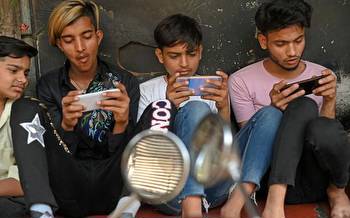India online gambling ban is always doomed to fail, unless states take on multi-dimensional view on regulation

At least three states in India have sought to curb the online gaming industry. The industry has been experiencing an explosion of growth recently amid the coronavirus pandemic.
India doesn't have a common legislation that governs the online gaming space. Many state governments use the Public Gambling Act as their regulatory framework. Tamil Nadu and Kerala amended the Act to ban online gambling. The Madras and the Kerala high courts quashed the amendments. Karnataka is trying to outlaw online casinos. Several petitions have been filed before the Karnata high court.
India has seen a 35 percent increase in player volume one monthly during the pandemic. The industry is regulated by a multi-dimensional framework. Emerging markets will benefit from creating their own Central regulatory framework, a Gambling oversight body, and a Consumer Data protection regulation. ENV Media pointed out that the prohibition of betting is ineffective. It is a case of an emerging market with a need for a central regulatory body. India is an example of this. They pointed that it is also an emblematic case.
India's online gambling ban is doomed to fail unless states take multi-dimensional view on regulation. Land-based casinos are legalized in Goa and Daman, as per the GoA, Damans and Diu Public Gambling Act 1976. Online gambling and E-gaming are legal in Sikkim under the Sikksim Online Gaming (Regulation) Rules 2009. Horse racing is permitted only in a licensed premise in select states.





































